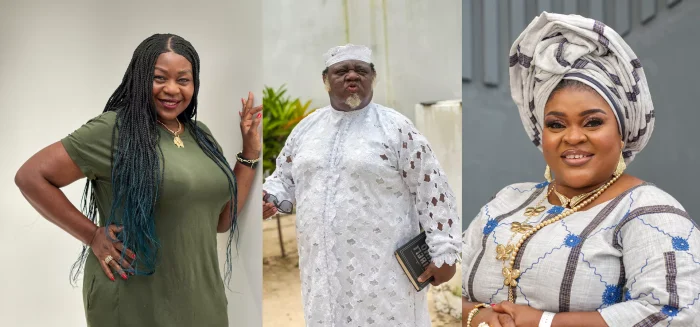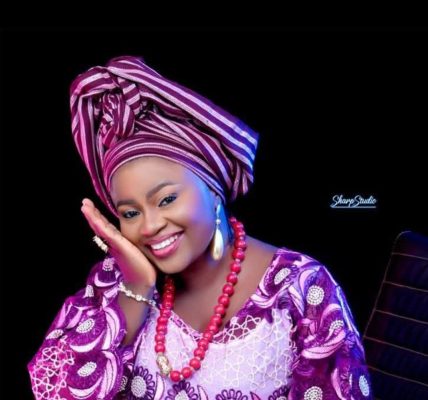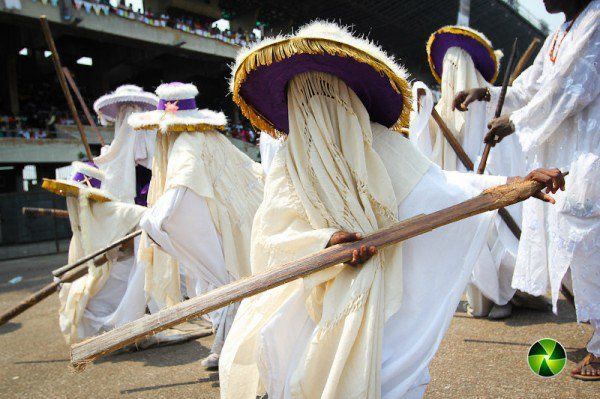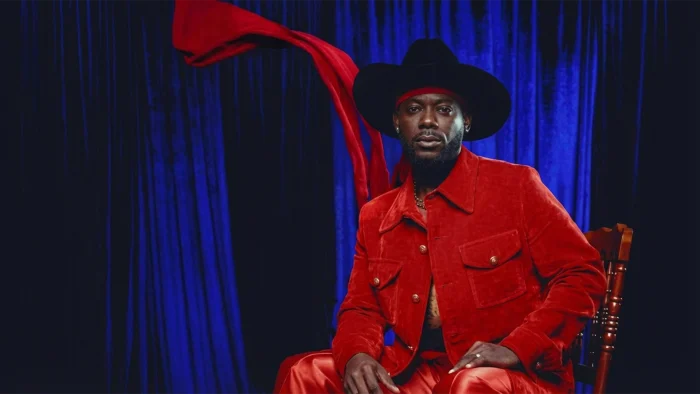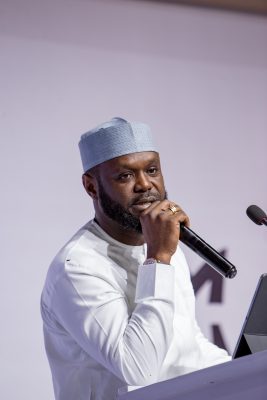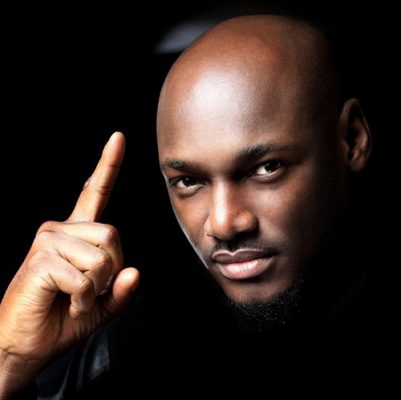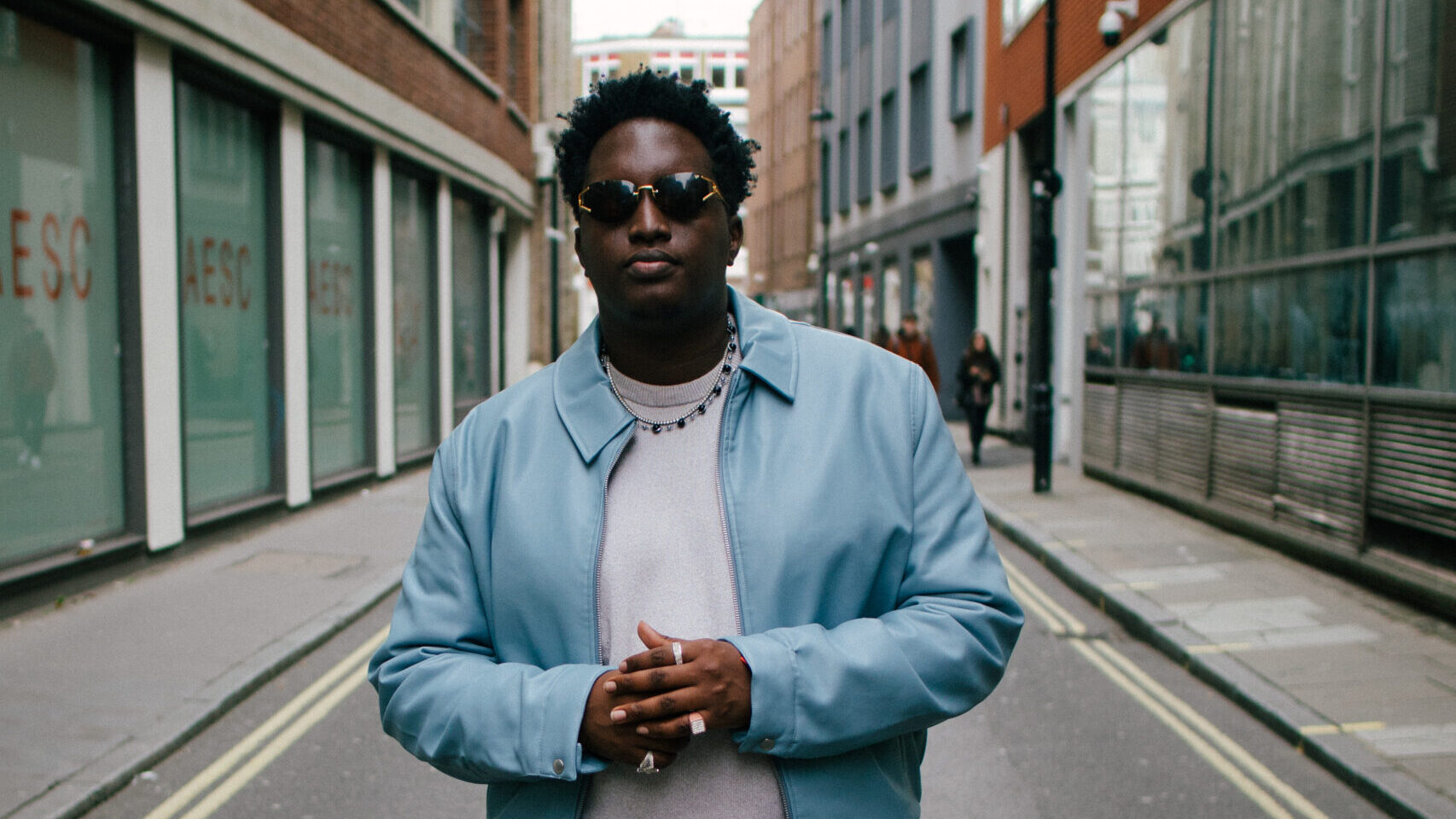
Ugandan pop star Joshua Baraka returns to Lagos to promote his seven-track EP, Recess. He opens up to Guardian Music about his Pan-African collaborations, creative process, and his mission to inspire hope across Africa’s burgeoning music scene.
“Yesterday was my birthday,” Joshua Baraka chuckled. “It was crazy; we went clubbing. I’m still recovering,” he said, his candour filling the air. The Ugandan pop star’s birthday soiree marked his return to Lagos where he’s nestled for some days to promote his latest seven-tracker record, Recess.
The 23-year-old recently added West African acts to his lineup of stellar cross-continental collaborations, including his 2023 breakout Nana Remix, featuring Joeboy. His follow-up 10-track record, Growing Pains, released in May—includes songs like No Lie featuring Magixx, Moonlight featuring Ghanaian rapper Yaw Tog, Dalilah II with Qing Madi and Simi, and Alone with South African singer Nkosazana Daughter—positioned Baraka as a formidable newcomer and a pan-African collaborator.
READ ALSO: Rema, Asake shine on Obama’s 2024 favourite music playlist
Baraka’s journey from his childhood church choir in Kampala to the forefront of Africa’s R&B and Pop scene shaped his musical identity. His lithe vocals and romantic pen game keep his records distinct among the new voices in Africa’s music scene. And his messaging, a strong stimulant for self-introspection, revolves around love, humanity, faith, and mental well-being.
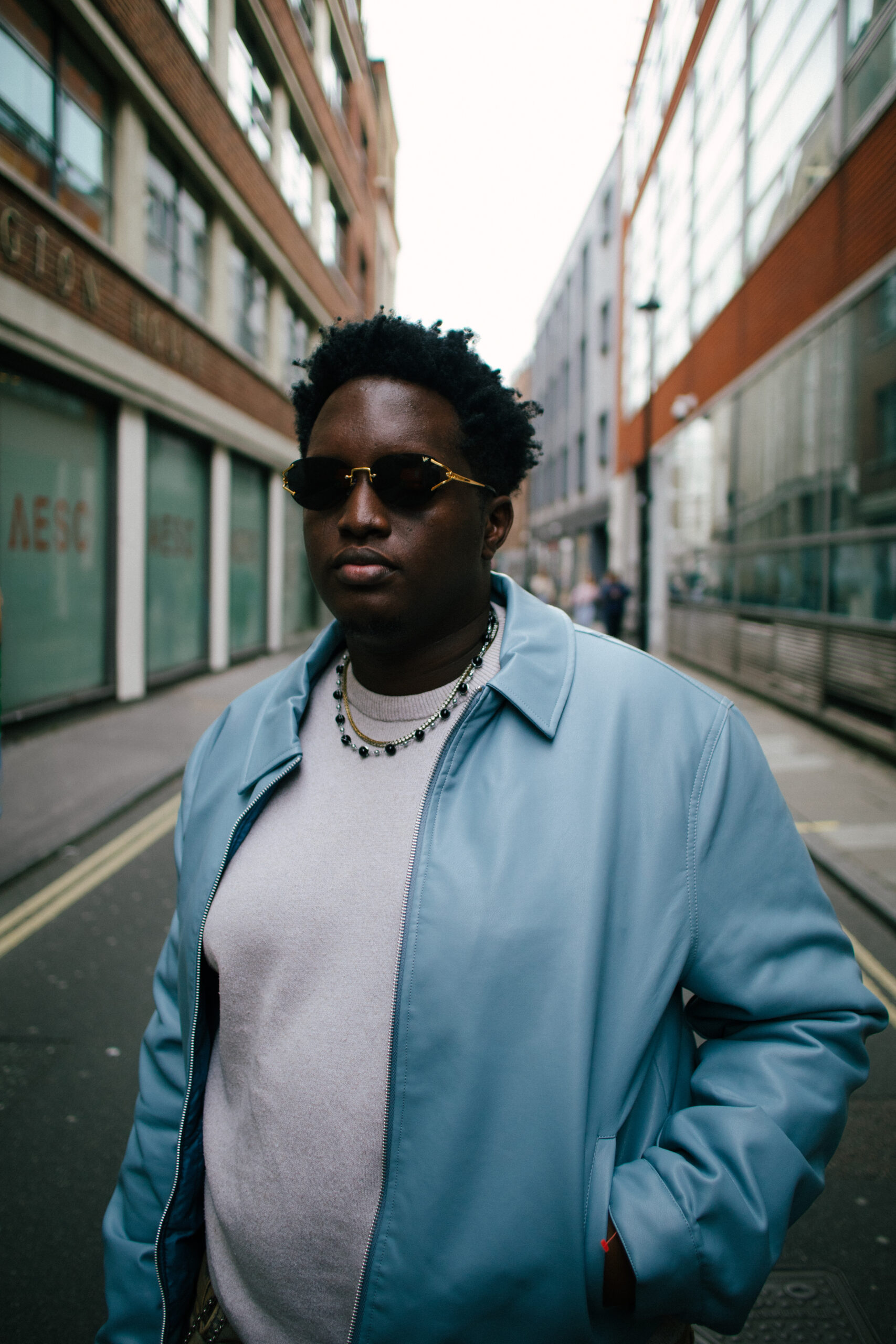
Catching up with Guardian Music, the young singer gives us a glimpse into his life as a superstar on the rise, his come-up journey that’s connecting fans across Africa, his creative process, muses, and his mission to be a beacon of hope for other African superstars in the making.
Have you ever tried making music in Nigeria?
I definitely work a lot when I travel; that’s when I interact with a lot more producers. I first came to Lagos when I made the song Lonely with P.Prime. I’ve also worked with Nigerian producers when in London.
What is Recess centred on?
Recess is a collection of songs that touch on different topics but match sonically. And it’s just an interlude before the album, which is coming out next year, to give people a glimpse into the future of my sound and art. But that might change.
Is your forthcoming project going to be similar or a break from that too?
The album is definitely going to be a continuation of the stories from the other projects.
My first project was Baby Steps. I put out an interlude called Watershed, then Growing Pains. This new EP is another interlude.
Why are these stories important to you?
I’m telling my story as it unfolds. I’m painting a picture, and I’m growing with my listeners. I’m also growing as an artist and an individual. So, it’s just a journey. The journey is a story. So, as I walk through the journey, a story is told. It’s not like I’m looking out for the story.
What inspires your collaborations outside your region?
What I look out for in a collaboration is someone I like, someone who shows respect, and then someone who will take the song to the next level and bring that extra energy. I’ve enjoyed working with everyone I’ve collaborated with.
Where did you make most of the songs?
Some of the songs were made in London and some in Uganda. Lonely with P.Prime was made in Lagos, while Magnetic was made in Kenya. So it was made just everywhere.
What was your favourite session from the album?
It was probably when we made the song, Scared. It was my first time at Metropolis Studios in London, and I was a bit nervous. I felt like I needed to deliver. And I performed well. It was an interesting session because I was vibing with other people, all bouncing ideas off each other. And it was amazing.
Another song that has an interesting story is Magnetic. We went for a show in Nairobi where Sauti Sol was performing. Afterwards, we went to Bien’s studio, and the session was so interesting because Bien is a very heavy smoker and the studio was literally a hot box. I got so high just as a passive smoker. We ended up making a very nice song.
How did you develop your sound?
I grew up in church where my mom is our worship team leader. I’ve always loved music from when I was young. As I grew up, I started to get into it and understand it more. I picked up a few instruments, starting with guitar, and then piano. When I was finishing high school, I got into music production. And soon after, I started making my own songs and sending them to my friends on WhatsApp, and they liked them. From there, I started doing music. I was first a keyboardist for hire, then a singer for hire, and then I started putting out my own music. I’ve always loved music. Although I’m a bit more confident now, I’ve always done everything for the love.
What do you think about the future of African music?
I feel African music is in a good space. There are a lot of eyes around the world on African music right now, and it’ll keep growing and being learned. Africa’s music industry is still quite young, compared to the rest of the world who have developed systems like touring to help them grow. It’s even hard to tour Africa. That’s why a lot of African artists tour Europe and other places. It’s going to grow, but it’s just a matter of time.
Also, African artists are very passionate about music. I feel like most of the people who do music in Africa actually like music because it’s hard to be a musician here. You need to love what you’re doing if you’re going to take it somewhere. We have the resilience and the patience to wait a bit longer, and there are already a lot of artists paving the way and making sure those systems are in place for us.
What is your vision as Joshua Baraka?
I feel like I’m going to be the biggest artist in the world at some point, and I just want to give a message of hope. I pray one day I’ll be one of the people that set that path for a lot of other people.


